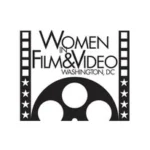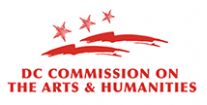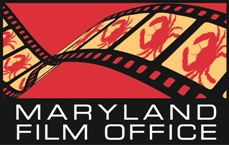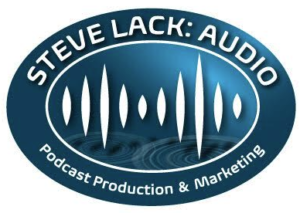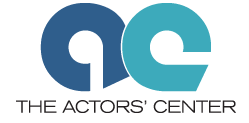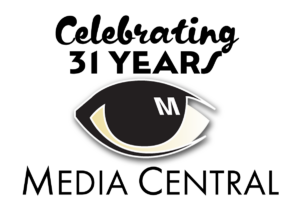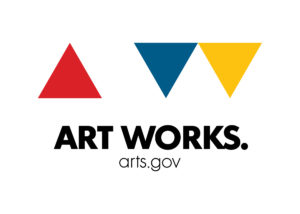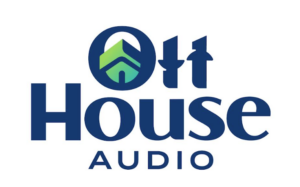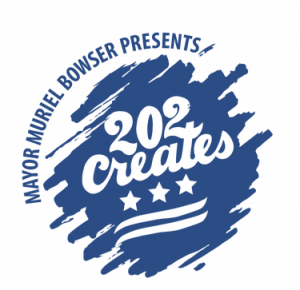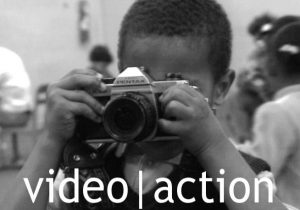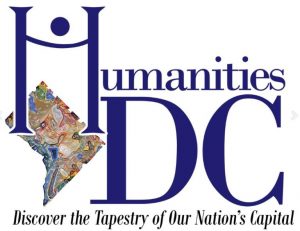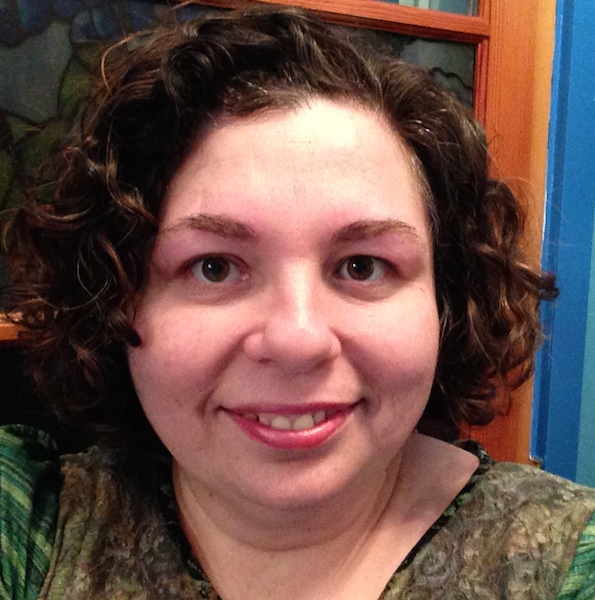
What film do you think everyone should watch?
It is very hard to narrow down what film everyone should watch since everyone has unique tastes and interests. Since this is for Women in Film and Video and my background is in documentary, I will share three documentaries by women that have really stuck with me for how they use different creative styles to tell intimate stories about bigger themes. Two are fairly recent and one is a bit older:
306 Hollywood by Elan Bogarín and Jonathan Bogarin. A magical realist approach to looking at memory and loss as two grandchildren archive objects found in their grandmother’s home combined with home movies. The film is available for rent on Amazon or iTunes.
Time by Garrett Bradley. A really creative approach that combines family footage, original material, and evocative and experimental editing to tell a story about mass incarceration. If you want to see how to tell the story of a big social issue without being didactic, this is a film to check out. Available on Amazon (free with Prime)
The Underground Orchestra by Heddy Honigmann. This film introduced me to her approach to storytelling which is both intimate and all-encompassing. She moves between the stories of musicians to tell a bigger story of what it is to live in exile. This hasn’t been the easiest film to find online for many years, but I think it is now available on Ovid.
What’s your favorite part about living and working in the DC/MD/VA region?
I have lived in this area since I was two years old. I went to grade school and higher education here, and all my jobs have been based in the area, so I have always seen this region as a living breathing place full of real people and rich stories. Yes it has a bit more transience to it than other places, but it is full of heart and creativity for those who know the area beyond its place as a political capital.
What I love most about the film community here is that it is diverse, connected and supportive of each other, and that we live in an environment where you don’t necessarily have to go to film school to become a filmmaker. It feels less elitist than bigger cultural capitals.
What I love most about making films here is that we live in a place with so many resources – incredible stories, talented filmmakers, vibrant film institutions (universities, film organizations, screening spaces, festivals, etc.) and some of the smartest and most enthusiastic audiences who love film and discussing film.
Who inspires you?
I am constantly being inspired by other filmmakers, by other artists, by leaders who may not even see themselves as leaders. Sometimes the inspiration is the topics of their films or the style they use, but more often, it is about their approach to life. I find inspiration in people who are bold and striving, who know how to set their own boundaries, who find ways to reinvent themselves, and who see empathy as a superpower. It is hard for me to name names because I feel I will always leave someone out unintentionally, but some of these folks are part of the WIFV community and I hope you know who you are.
What story do you wish someone would tell?
I’ve long been fascinated by the story of Mary Foote Henderson who was essentially responsible for the creation of what is now Meridian Hill/Malcolm X Park in the early 20th century. She had ambitious ideals about architecture and place. She was a suffragist and a socialite. Although her husband introduced the 13th amendment that ended slavery, she was involved in organizations that promoted eugenics and her work to create the park displaced African-American families who lived in the area. After her husband’s death, she befriended and left some of her estate to a young Japanese-American man. She was of her time, behind the times, and ahead of them, and, in many ways represents all the contradictions of Washington DC and American history. I had done a bit of research on her for a documentary project, but her life feels like it would lend itself really well to a fiction period piece.
What’s your favorite place to celebrate success with your crew?
The place is less important than the people and the space being conducive to connection. I used to love gathering with fellow filmmakers at Teaism in Penn Quarter, at the old Docs In Progress “Doc House” or on the street at AFI DOCS/Silverdocs when it was all in Silver Spring; it always felt like a homecoming for the documentary community. Nowadays, the gathering place is on Zoom. Although it is seemingly not as intimate as meeting in person, it is often much easier for people to connect since our film community is widely spread out over three states (and yes I have high hopes the 51st state will FINALLY happen!)
